Veganism is still a mystery to many people. Some wonder why people who turn vegan make that choice; others ask themselves what do vegans eat, while a significant number of people usually question the healthiness of vegan diets.
Veganism involves abstaining from eating animal flesh, in addition to dairy products and eggs. Some vegans also avoid eating honey.
People turn vegan because they believe that all life on earth needs to be preserved. Now, let’s find out more about what veganism is and what vegans eat!
Why People Go Vegan
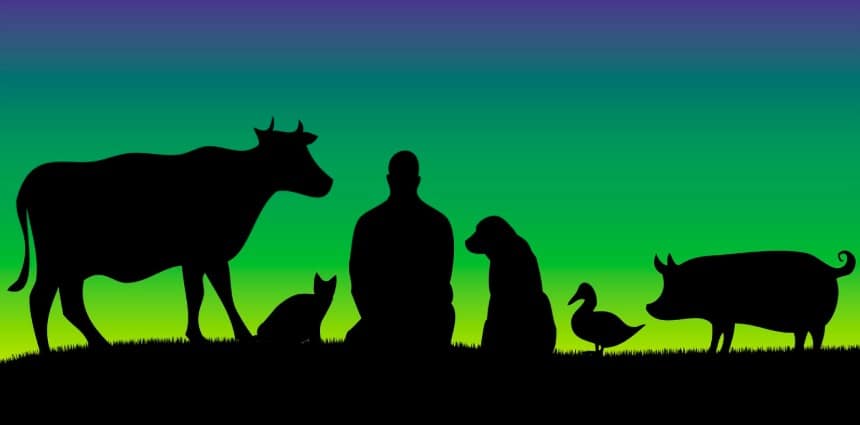
The reason(s) to turn vegan varies from one individual to another. Some people turn vegan for ethical reasons, while other people think it will be better for their health. Some even do it for environmental reasons.
Ethics
Many people turn vegan for the sake of protecting the animals. Veganism isn’t limited to dietary changes; it’s more of a lifestyle change that’s centered around the belief that animal slaughtering and torturing is unacceptable and must be prohibited. Products like clothes, leather shoes, wool, and silk usually involve animal killing or torturing.
If you’re one of the people who hate to see animals suffering, then turning vegan will allow you to protest your cause and make you feel better. It can also help you raise awareness about the problem and your point of view on it.
Health Benefits
Another reason people turn vegan is that it can make them healthier. Studies have shown that veganism can protect from several life-threatening diseases like heart disease, Type 2 diabetes, and some forms of cancer. People with underlying medical conditions are sometimes encouraged by their doctors to follow a vegan diet to maintain their health.
Moreover, a plant-based diet can help you cut down your body fat percentage and get you in much better shape. Not to mention that a vegan diet can also improve your mental health and reduce your stress levels.
Protecting the Environment
This may sound a bit confusing, but veganism can actually be good for the environment. Raising animals requires a tremendous amount of energy, water, and food. With more people going vegan, the demand for animal products has decreased, which in turn reduces the consumption of valuable resources.
What Do Vegans Eat
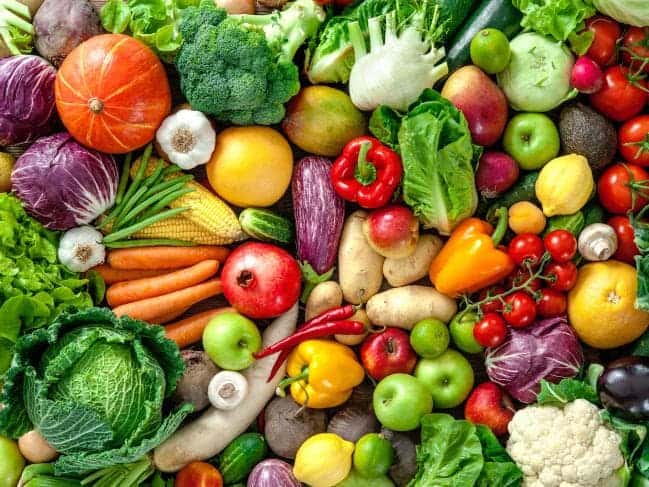
Vegans rely on plant-based foods like fruits, vegetables, legumes, beans, nuts, and seeds for nutrition. Additionally, there are vegan alternatives for popular foods like vegan ice cream, burgers, mayonnaise, milk, and non-dairy products.
Protein Sources
Many people wonder how vegans get protein without eating animal products. The truth is that the vegan diet has a lot of healthy protein sources that can be a good substitute for animal products. Some of these include:
- Tofu. This chewy food is made from soybeans and it’s rich in protein. Additionally, you have many options when it comes to mixing up the flavors.
- Beans and lentils. These are often eaten in omnivorous diets but not as a main dish. They are, however, one of the primary sources of protein and other healthy nutrients for vegans.
- Seitan. This is a starch-free food made of wheat flour. Just like tofu, you can add a touch of flavor to this delicious food.
- Nuts and seeds, not only do they have a considerable amount of protein, but also are an excellent source of other essential nutrients like healthy fats. Walnuts make a good source of omega-3 fatty acids as well.
> Read more: Best vegan protein sources.
Fermented Food
Fermented foods are quite popular within the vegan community. Tempeh, for example, is a fermented soybean product that can make a great, whole-food alternative for tofu. Other fermented foods like kimchi, miso, and sauerkraut also have a place in vegan diets.
Common Recipes
There are many foods out there that are loved by both omnivores and vegans. These include salads, peanut butter, and spaghetti. So, don’t hesitate to go to dinners and events since you’ll likely find something in the buffet that you can eat.
Tips to Start Adopting a Vegan Diet
- Take small steps. You don’t necessarily have to follow a 100% vegan diet in the beginning. Start by eliminating some of your least-loved animal products and hold onto that for a while.
- Check out some vegan recipes on the web. Going vegan doesn’t necessarily mean you have to eat raw food all the time. There are lots of delicious plant-based recipes that can make an excellent addition to your diet.
- Identify your goals. Why do you want to follow a vegan diet? If you’re doing it for ethical reasons, just remember that fewer animals will have to suffer thanks to your contribution.
- For those who want to turn vegan to improve their overall health, think about how you’d feel a few months later with a detoxified body and better fitting clothes.
- Join a local vegan community. There’s a good chance you’ll find at least a few people in your neighborhood who are vegan. If not, you’ll find plenty on the web. Get in touch with the vegan community to get a chance to talk about new recipes, the challenges you face, and how you can overcome them.
Final Thoughts
Veganism is increasing in popularity, with more and more people turning vegan every day. Vegan diets are definitely achievable, and they can even make you feel healthier and happier.
Whatever reason you choose to turn vegan for, we do recommend seeking a dietician to follow up with since things can get complicated in the beginning.




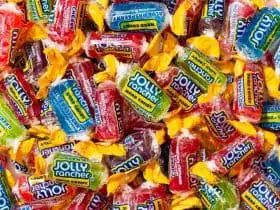

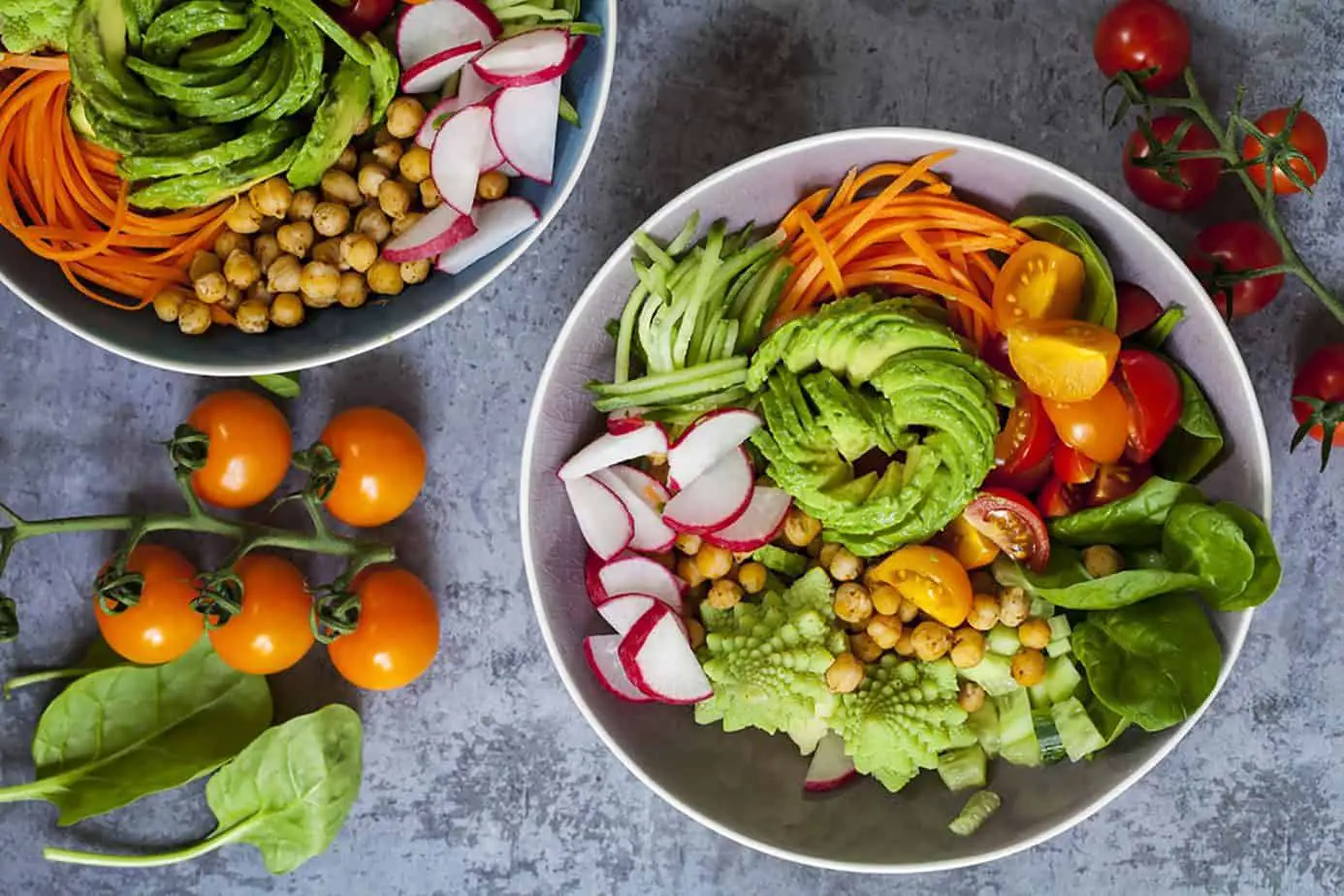

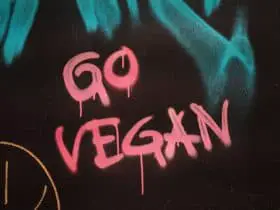
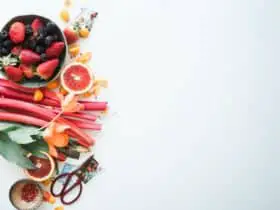

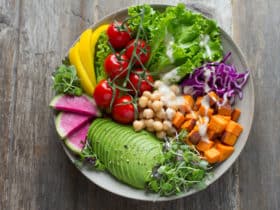
Leave a Reply